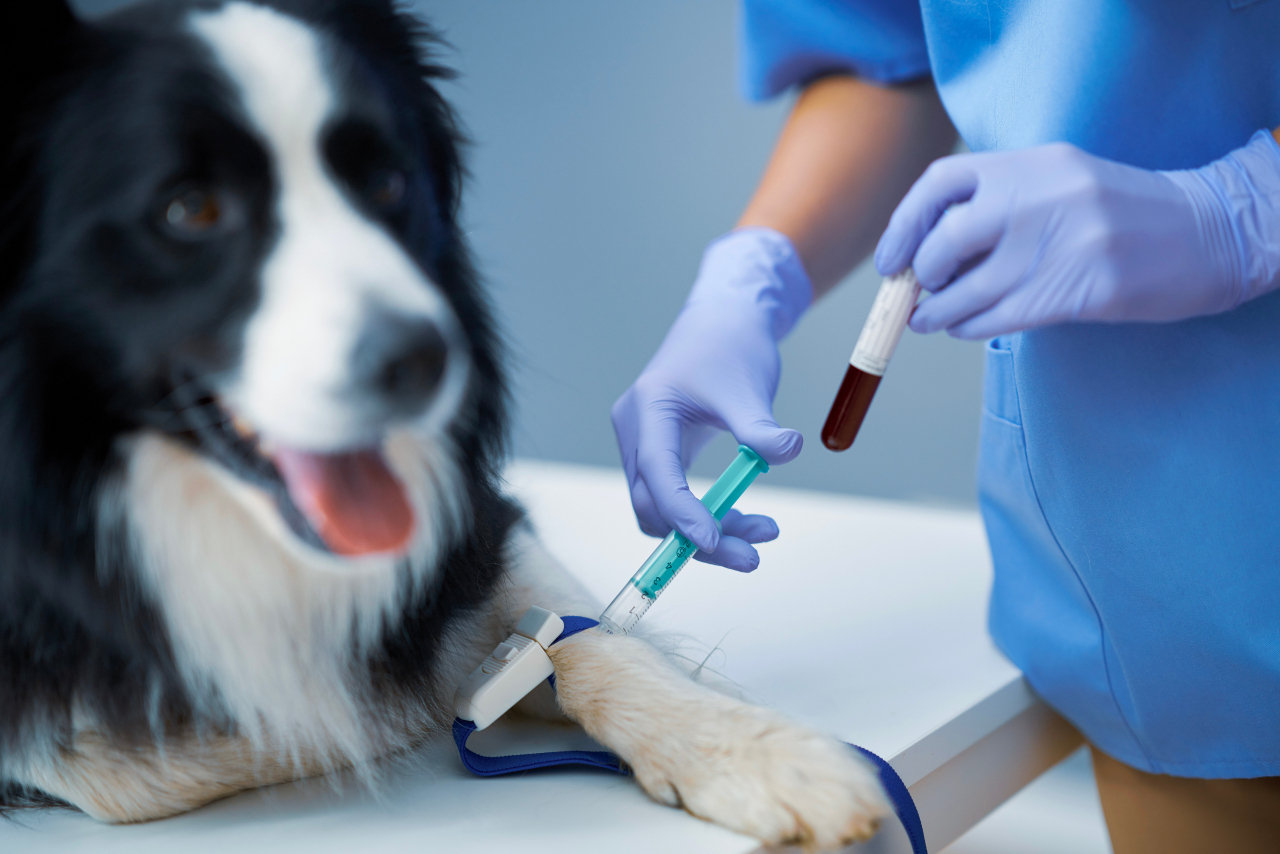
Just like people, pets also lose large amounts of blood from accidents, diseases and surgeries, and therefore require blood transfusions. But, there is currently not enough donated blood in South Korea.
That’s why keen attention is being paid to a bill recently proposed at the National Assembly that aims to set up a control tower within the Ministry for Food, Agriculture, Forestry and Fisheries to oversee and facilitate blood collection for animals.
Demand for blood transfusion for animals has been increasing as the number of pets grows here. According to a recent report by KB Financial Group’s research arm, the number of people who raise pets reached 14.48 million as of 2021, or some 6 million households. Almost 80 percent of the households had dogs, the report said.
Despite a surge in pets, the country has suffered from a blood shortage over the past months, according to an official from the Korean Veterinary Medical Association.
Currently, the country relies solely on a single company, called Korea Animal Blood Bank, to supply blood for dogs. The company is in charge of distributing almost 90 percent of all canine blood products, but civic groups sometimes criticize the company’s management of dogs and their welfare.
“The bill aims for central and local governments to encourage pet owners to participate in blood donations,” said Rep. Min Hong-chul of the main opposition Democratic Party of Korea who is the author of the new bill. He added that without solving the ongoing supply issues, the animals that are raised for blood will not be given proper protection.
A local veterinarian running an animal hospital in Seoul said he welcomed the renewed efforts but predicted a limited impact in relieving the blood shortage.
“The bill seems to be focusing on raising public awareness about blood donation for animals. More specific measures should be made for its actual effectiveness,” he said.



















![[Today’s K-pop] BTS pop-up event to come to Seoul](http://res.heraldm.com/phpwas/restmb_idxmake.php?idx=642&simg=/content/image/2024/04/17/20240417050734_0.jpg&u=)